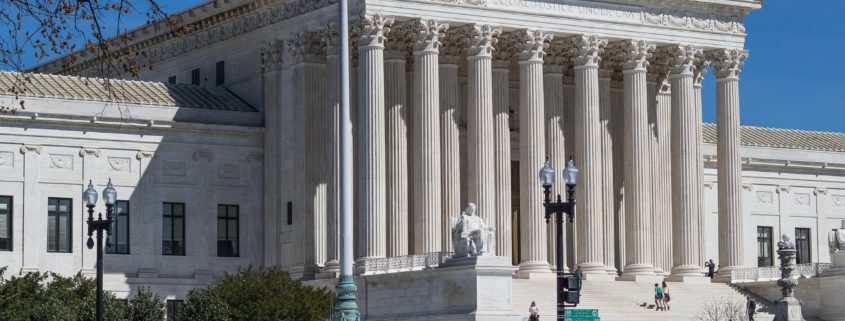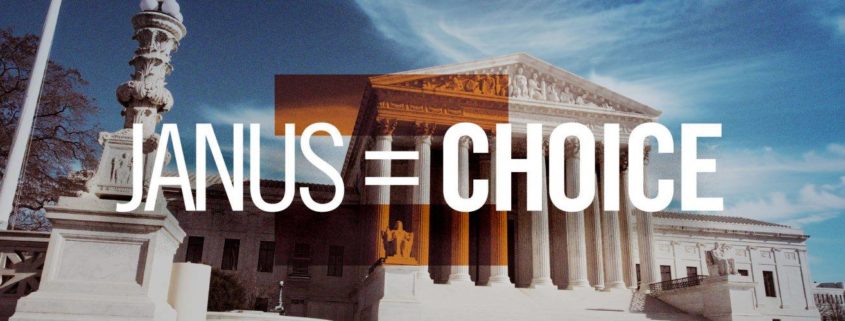Center Warns of Litigation in Effort to Unionize Home Care Professionals
Government and Unions Must Comply with New Legal Realities
As nation moves toward freedom, Rhode Island seeks to increase government control over our lives
Political Money & Power Grab by Unions Would Threaten Patient Safety
FOR IMMEDIATE RELEASE: July 26, 2018
Providence, RI – The Rhode Island Center for Freedom & Prosperity warns SEIU and the state government that it could face legal peril if they do not fully comply with the new federal restrictions expected to be in place this fall, as it pertains to the attempted unionization of the home care industry.
“The landmark Janus decision by the US Supreme Court, combined with the expected implementation of the Medicaid Provider Reassignment Regulation Proposed Rule by the federal government, means public employees can no longer be forced to support the political agenda of their designated union. It also means the government can no longer aid unions in their attempt to skim dues from precious Medicaid dollars, intended for the care of our loved ones.” explained Mike Stenhouse, CEO for the Center.
Stenhouse, earlier this month, attended a national symposium in Washington, DC, where it was highlighted that many legal organizations are actively looking for precedent-setting lawsuit cases if unions or their government allies do not comply with the new restrictions on how government unions may collect dues.
Outrageously, in the past and for now, federal dollars earmarked for home care services, could have dues automatically siphoned-off by the state government unions from workers’ paychecks, then transferred to the unions, with some of the funds ending-up in the political campaign coffers of SEIU. If the proposed rule is enacted, 100% of the allocated home care funding must first go to the workers; and it would then be up to the unions to collect dues – on their own – from those who freely choose to join.
“It’s a whole new ballgame,” continued Stenhouse. “And history has demonstrated in other states, unions and their bought-and-owned politician friends, will seek to bend the rules to their advantage. However, many of us are now on watch, and doing so could lead to serious legal ramifications.”
Earlier this summer, after a major push by SEIU and other progressive activists, legislation was rammed through the General Assembly and signed by the Governor, that would transfer control of the home care services industry from the private sector to the government and its union allies.
The legislation would seek to lure home care workers, most of whom are now employed under a successfully operating private ‘agency’ system, to register with the government, becoming quasi-public employees, with their names and other personal information then to be turned over to SEIU labor bosses for the purposes of unionization efforts. A very similar approach was taken in 2013 to unionize the home child care industry; since then, union negotiated – and taxpayer funded – costs to support this industry have risen dramatically.
The Rhode Island Partnership for Home Care, which oversees most of these private agencies, believes that government-run home care would destabilize the industry.
“This is a blatant money and power grab by unions that would crush a smoothly performing private agency system that is providing high quality home care to elderly, Medicaid, and other patients; and essentially turn over control of this industry to overly politicized and incompetent government bureaucrats,”said Stenhouse in June. “The training standards and strict oversight now required of nursing and other home care professionals would be greatly diminished. Why would we want to put government in between patients and their home care service providers?”
The Center also pointed out the incongruity of this legislation and the direction that the nation is heading, following landmark Janus decision, which would end the forced unionization and fee payments of public employees. “Once again, while America is moving towards more freedom and less governmental control over our lives, Rhode Island wants to move in the opposite direction, consolidating centralized-control and planning under the political elite and their special-interest allies,” concluded Stenhouse.










